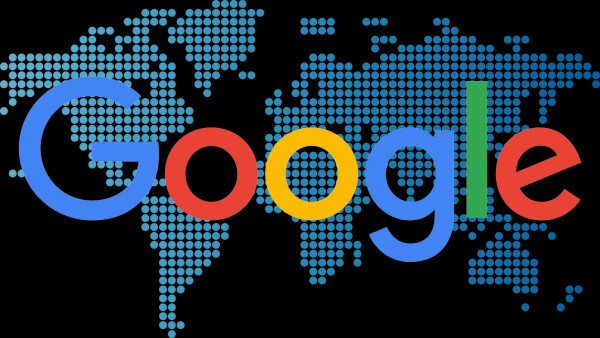Google added neural matching in local search, which is why many are seeing local ranking changes in the past month.
The name, “Nov. 2019 Local Search Update” follows the naming convention Google began using last year for Google core search algorithm updates.
The confirmation. Google confirmed it began using neural matching for local search results and subsequent local ranking changes at 12:10 PM ET Monday:
There are no required changes a business needs to make as a result of this update. Google directs businesses to the basic local ranking help document published long ago.
Global release. Google posted an update saying “this was a global launch covering countries and languages worldwide.” So this impacted not just U.S. regions but globally, in all countries and languages that Google is available in.
Neural matching at Google. Google said it began using neural matching in search back in 2018 to better understand queries. Similar to BERT and RankBrain algorithms, neural matching helps Google improve query mapping to results, though it differs in its function. Google’s Danny Sullivan has referred to neural matching as “a super synonym system.” See Google’s neural matching versus RankBrain: How Google uses each in search for more details.
Why we care. We now have clear evidence that it is not just your imagination or your data showing ranking changes with the local search results. Google is saying it now uses neural matching to better understand local queries and thus, Google may show different local results because of it. Last year, Sullivan said neural matching was impacting 30% of queries. That’s surely increased with the roll-out of it to local queries.
Google’s advice here remains the same: relevance, prominence and distance are the keys to ranking well in local. It’s just that Google’s understanding of relevance has now expanded with neural matching.


